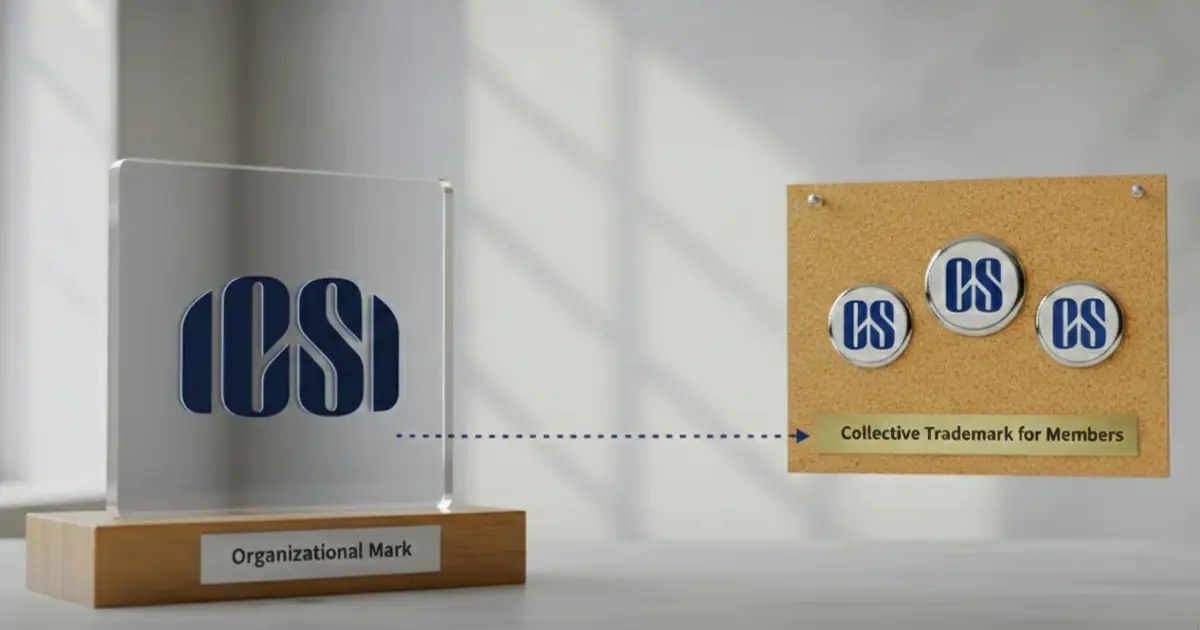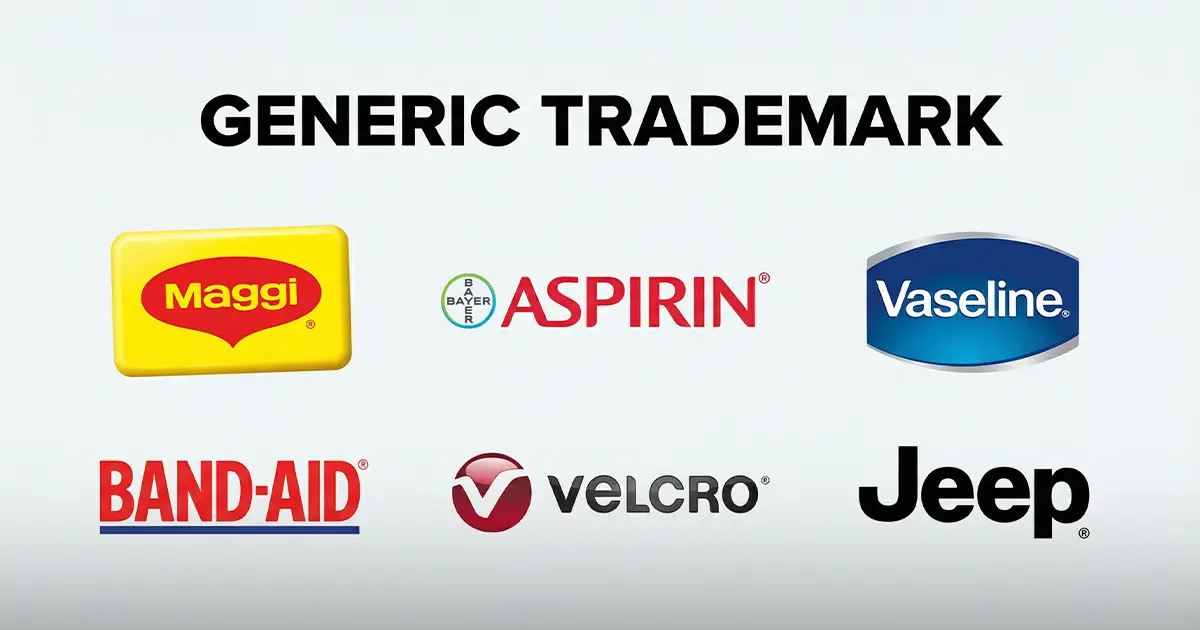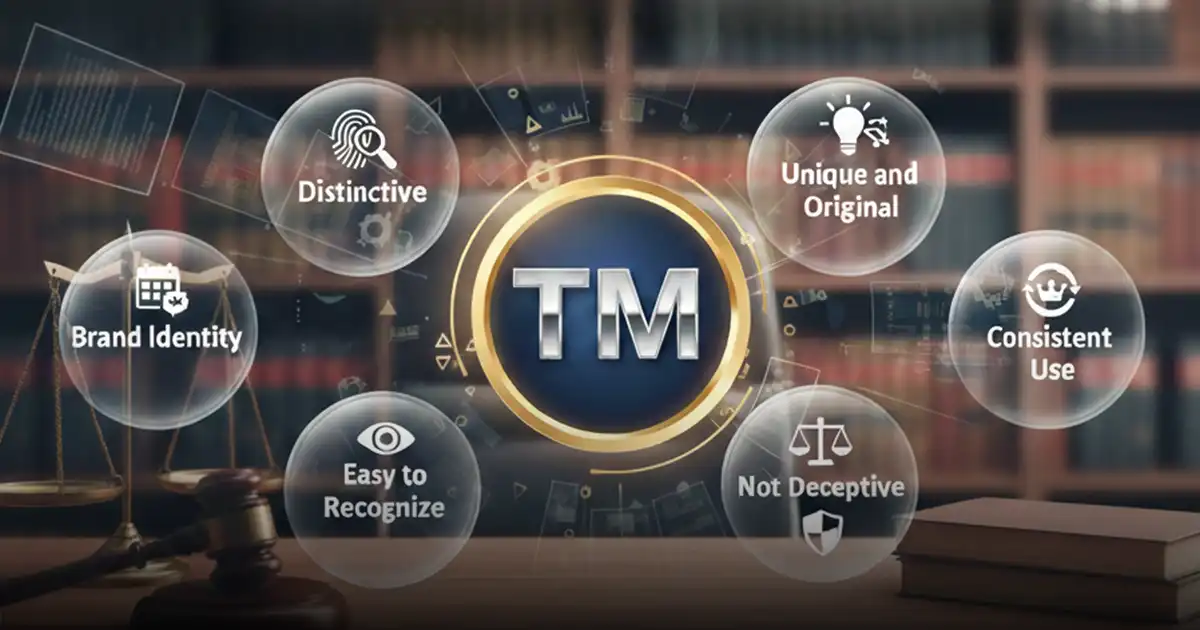An Indian Standard Institute (ISI) Mark is mandatory for over 200 product categories in India, with enforcement increasing by 40% in the last five years. This trend demonstrates the growing importance of standardized quality certification in the Indian marketplace.
An ISI Mark provides official recognition that your products meet the national standards established by the Bureau of Indian Standards (BIS). ISI Mark registration in India ensures compliance under the BIS Act, 2016, and is one of the oldest quality certification schemes in India, operating since 1955.
Types of ISI Mark Registration/Certification
ISI Mark certification comes in various forms to accommodate different product categories and compliance requirements:
1. Standard ISI Mark Scheme
Certifies products conforming to Indian Standards, covering essential consumer products including electrical appliances, cement, packaged drinking water, and household items. A common example is the ISI mark on pressure cookers, which indicates compliance with safety and performance standards.
2. Special ISI Mark for Critical Safety Products
Mandates stringent certification for products where safety is paramount, such as LPG cylinders, helmets, and infant food products. For instance, motorcycle helmets must obtain special ISI certification before they can be legally sold in the Indian market.
3. ISI Mark for Small Scale Industries (SSI)
Provides concessions and special provisions for small-scale manufacturers to obtain ISI certification with reduced fees and simplified procedures. This scheme allows, for example, a small-scale soap manufacturer to obtain ISI certification with concessional rates.
4. ISI Mark for Food Products
Certifies food products like packaged drinking water, milk products, and edible oils, ensuring they meet quality and safety standards. For instance, the ISI mark on packaged drinking water bottles verifies their purity and safety.
5. Construction Materials ISI Mark
Certain construction materials like cement, steel bars, pipes, and electrical wires require mandatory ISI certification before they can be sold in the Indian market. For instance, steel reinforcement bars require ISI certification to ensure they meet strength and durability standards.
6. Electrical Appliances ISI Mark
Covers electrical products where safety certification is crucial, including switches, cables, appliances, and lighting products. For example, a distribution board receiving ISI certification ensures electrical safety standards.
7. Voluntary ISI Mark Scheme
Covers products where certification is voluntary but adds market value by demonstrating compliance with national standards. For instance, a furniture manufacturer voluntarily obtains ISI certification to demonstrate its quality commitment to consumers.
8. Eco-Mark Scheme with ISI
Combines ISI certification with environmental compliance, awarded to products that meet both quality and ecological standards. For example, a detergent manufacturer obtains both ISI and Eco-Mark certification to demonstrate both quality and environmental commitment.
Understanding the different types of ISI marks is essential for ensuring product authenticity, quality, and compliance with Indian safety standards. Whether for electronics, construction materials, or consumer goods, the ISI mark provides consumers with confidence and helps manufacturers maintain trust and credibility in the market. Always look for the correct ISI mark relevant to the product category to ensure safety and reliability.
Objectives of the ISI Mark Certification
An ISI Mark serves several key strategic and compliance purposes:
- Legal Compliance: Fulfill mandatory regulatory requirements for selling regulated products in the Indian market.
- Consumer Protection: Ensure products meet established safety parameters through rigorous testing and quality standards.
- Market Access: Open doors to the vast Indian consumer market by meeting entry requirements for regulated product categories.
- Brand Reputation: Build consumer confidence through the visible ISI certification mark that signifies verified quality.
- Liability Reduction: Minimize product liability risks through compliance with established national standards.
- Competitive Advantage: Position your brand as quality-conscious and compliance-oriented in a competitive marketplace.
- Government Procurement Eligibility: Enable participation in government tenders that specifically require ISI mark certification.
- Quality Assurance: Establish frameworks for consistent product quality and safety standards throughout production.
Laws Governing ISI Mark Certification
The ISI mark certification process is governed by strict standards to ensure product quality, safety, and compliance with national regulations.
1. BIS Act, 2016: Establishes BIS as India's national standards body and empowers it to grant and regulate ISI Mark certification.
2. BIS Rules, 2018: Sets fees, license terms, appeals process, and penalties for ISI Mark misuse or violations.
3. BIS (Conformity Assessment) Regulations, 2018: Details specific requirements for ISI mark certification, including testing protocols and marking guidelines.
4. Quality-Control Orders (QCOs) under Section 16: Various ministries mandate ISI certification for specific products (e.g., electronics, toys, cement, automobile accessories).
5. The Standards of Weights and Measures Act: Works in conjunction with ISI certification to ensure accurate product measurements and quantities.











